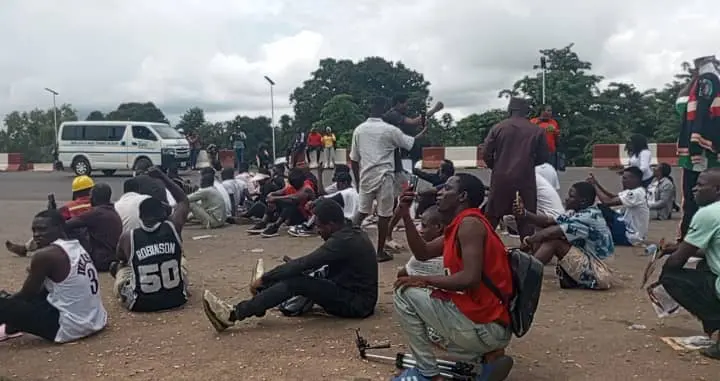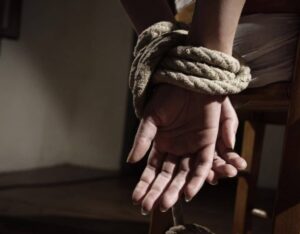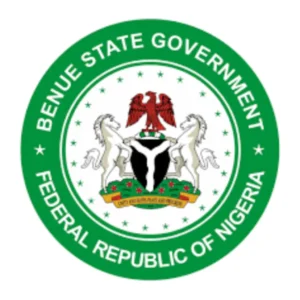On Saturday, a dramatic and alarming event unfolded at the MKO Abiola Stadium in Abuja, Nigeria, as police opened fire on both protesters and journalists. This incident occurred during a demonstration against poor governance and corruption, part of a 10-day protest organized to demand better leadership and end hunger.
The protest, which had drawn a significant number of mainly young demonstrators, reached its third day with participants gathering at the stadium to voice their frustrations. The atmosphere was charged as the crowd, fueled by a desire for change, rallied in front of the stadium. However, the situation quickly escalated when heavily armed police arrived on the scene at approximately 11:45 am.
The police issued a directive for everyone to disperse, but the protesters, who were committed to their cause, refused to leave. In response to the non-compliance, the police began to shoot into the crowd. This action led to a chaotic and dangerous situation, with both protesters and journalists caught in the crossfire. The sudden violence created a panic, causing many to flee the area in search of safety.
As the situation develops, the focus remains on the impact of this event on the ongoing protests and the broader implications for governance and civil rights in Nigeria.







